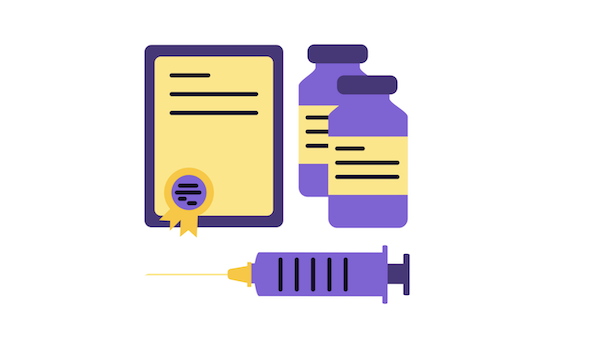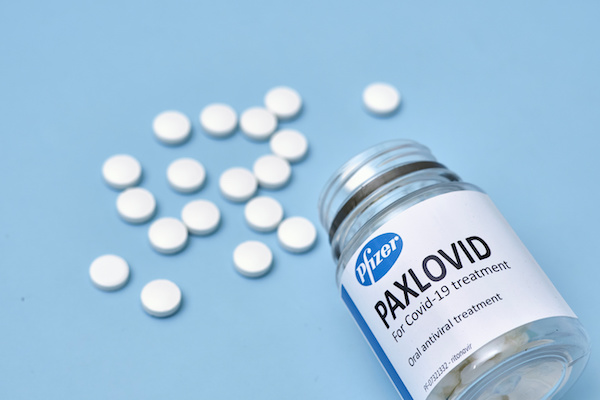Today the Africa Centers for Disease Control’s (ACDC) Health Economics Programme (HEP) has published a new policy brief on the cost-effectiveness of two COVID-19 oral antivirals (COAVs), a nirmatrelvir/ritonavir combination, developed by Pfizer and sold under the name Paxlovid, and Molnupiravir, developed by Merck and sold under the name Lagevrio, compared to standard care in Ghana, Rwanda, and Zambia. The study is part of CGD’s long-running collaboration with the HEP; the complete findings are available in the study pre-print.
The study sought to bridge the information gap on the cost-effectiveness of these drugs in African settings, one of the key factors at the root of low demand for COAVs. As generic versions of both COAVs are now available and test-and-treat programs are implemented in several African countries, the HEP wanted to assess the cost-effectiveness of COAVs to inform future procurement and determine how these health technologies should fit into wider COVID-19 response efforts in Africa.
The analysis found that neither Paxlovid nor Molnupiravir were likely to be cost-effective for most of the adult population across the examined countries. However, Paxlovid priced at generic prices could be considered cost-effective for unvaccinated people at high risk of severe COVID-19, including people older than 65 years and those with certain co-morbidities. Molnupiravir was cost-effective compared to standard care in under some conditions but was consistently lower value for money than Paxlovid. Key determinants of this cost-effectiveness included early treatment initiation, COAV pricing, and baseline hospitalization rates.
These findings align with many African governments' decisions not to procure significant quantities of either COAV. Despite this, Paxlovid showed potential for value in treating specific, high-risk populations. One area not specifically addressed in the study was the cost-effectiveness of these treatments for patients previously infected with COVID-19, indicating a need for further research.
Beyond the direct findings of the study, we offer two further reflections:
- Good quality decision making on strategic procurement for health is vital, and both countries and donors should consider investing in capacity for evidence-informed priority-setting.
- In pandemics, the evidence base changes fast and a core function needs to be built—within countries or regionally such as ACDC—to be ready to dynamically support decision making using both epidemiological and economic evidence.
CGD blog posts reflect the views of the authors, drawing on prior research and experience in their areas of expertise.
CGD is a nonpartisan, independent organization and does not take institutional positions.









